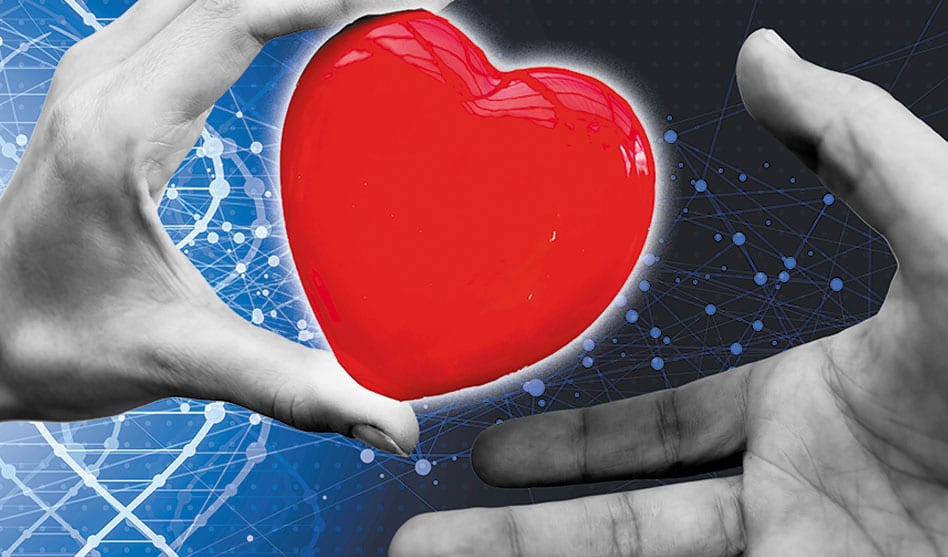Icla da Silva Foundation has had success saving children’s lives with donations from the gay community
DAVID TAFFET | Senior Staff Writer
taffet@dallasvoice.com
Vanessa Ibarra, local representative of the Icla da Silva Foundation, wants you to know that you can donate bone marrow and stem cells to save the lives of children with leukemia, lymphoma and sickle cell anemia.
No, the blood banks still don’t want blood from gay men. But bone marrow banks do.
Ibarra explained that finding a match is very difficult. It’s not just blood type that needs to match; very specific protein markers must match as well.
The foundation looks for people from a wide variety of ethnic groups. Certain markers are more likely to be found among people with similar ethnic backgrounds, she said.
Finding a match is so uncommon that most people who join the registry will never be matched with someone needing a transplant, and it’s very rare to find a match more than once in a lifetime.
Ibarra described two types of donations — stem cell and liquid marrow.
In what’s formally known as Peripheral Blood Stem Cell donation, blood is taken from one arm and blood-forming cells are filtered out. The blood is then returned through the other arm. The body naturally recovers what it’s lost over the next few days.
For five days before the donation, the donor takes the drug Filgrastim to increase the number of blood-forming cells. The procedure is done at a blood bank, and it takes all day. Ibarra recommends the donor bring someone with them to help them pass the day and then drive them home.
The liquid marrow procedure is done in the hospital with the donor under anesthesia. A doctor withdraws liquid marrow from the pelvic bone with a needle.
Ibarra said about 80 percent of the time, the less invasive PBSC method is used. In either case, the donor recovers within a few days. She said either procedure is often done on Thursday, and by Monday the donor is ready to go back to work.
To register, go to the organization’s website and join Be the Match. They’ll send a kit to take a swab from your mouth.
If you’re a potential match — being matched could take months or even years — you’ll be asked to confirm your commitment to donate and update your health information.
Then you’ll meet with someone for a 90-minute information session that will fully describe the two methods of donation, to answer any questions and to discuss any risks. Once you’re sure you want to proceed, you’ll sign a consent form and undergo a physical exam to see if donating would be any risk to you.
Before donating, you’ll give several blood samples in two to four appointments to confirm the match before proceeding with the donation.
To join the registry, you must be between 21 and 44 years old.
“Patients recover faster with donations from donors within that age group,” Ibarra said.
But if you’ve registered, you may remain on the registry list until age 61, when you’d be automatically removed.
Donors may not have ever had any form of cancer, Hepatitis B or C or HIV. Donors may have diabetes as long as they are not insulin-dependent, anemic and have piercings or tattoos.
And, Ibarra assured, donors from the LGBT community are very welcome to donate.
“We’ve hosted events with the LGBTQ community in New York and other cities across the country and they’ve been some of the most successful,” Ibarra said. “The community is always willing to help.”
The Icla da Silva Foundation recruits 38,000 new potential donors a year.
To join the registry, go to join.bethematch.org/DallasVoice

















The correct link to register is http;//join.bethematch.org/DallasVoice